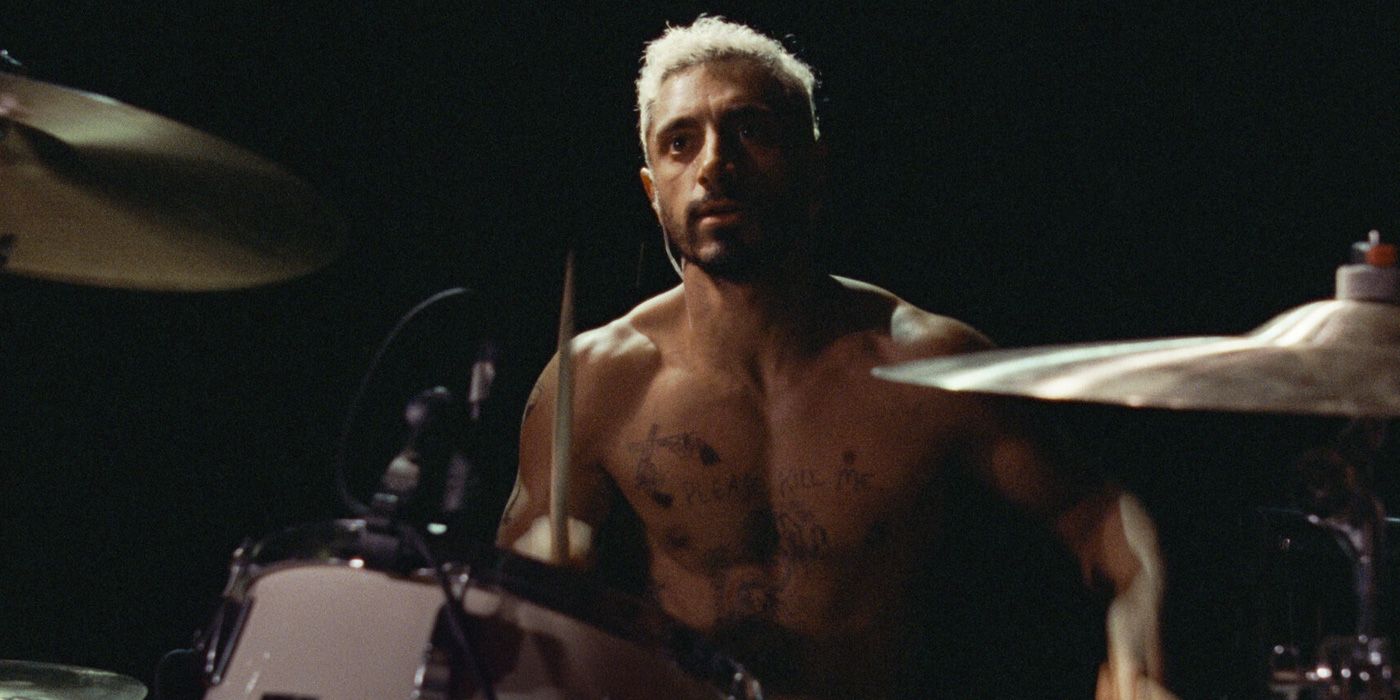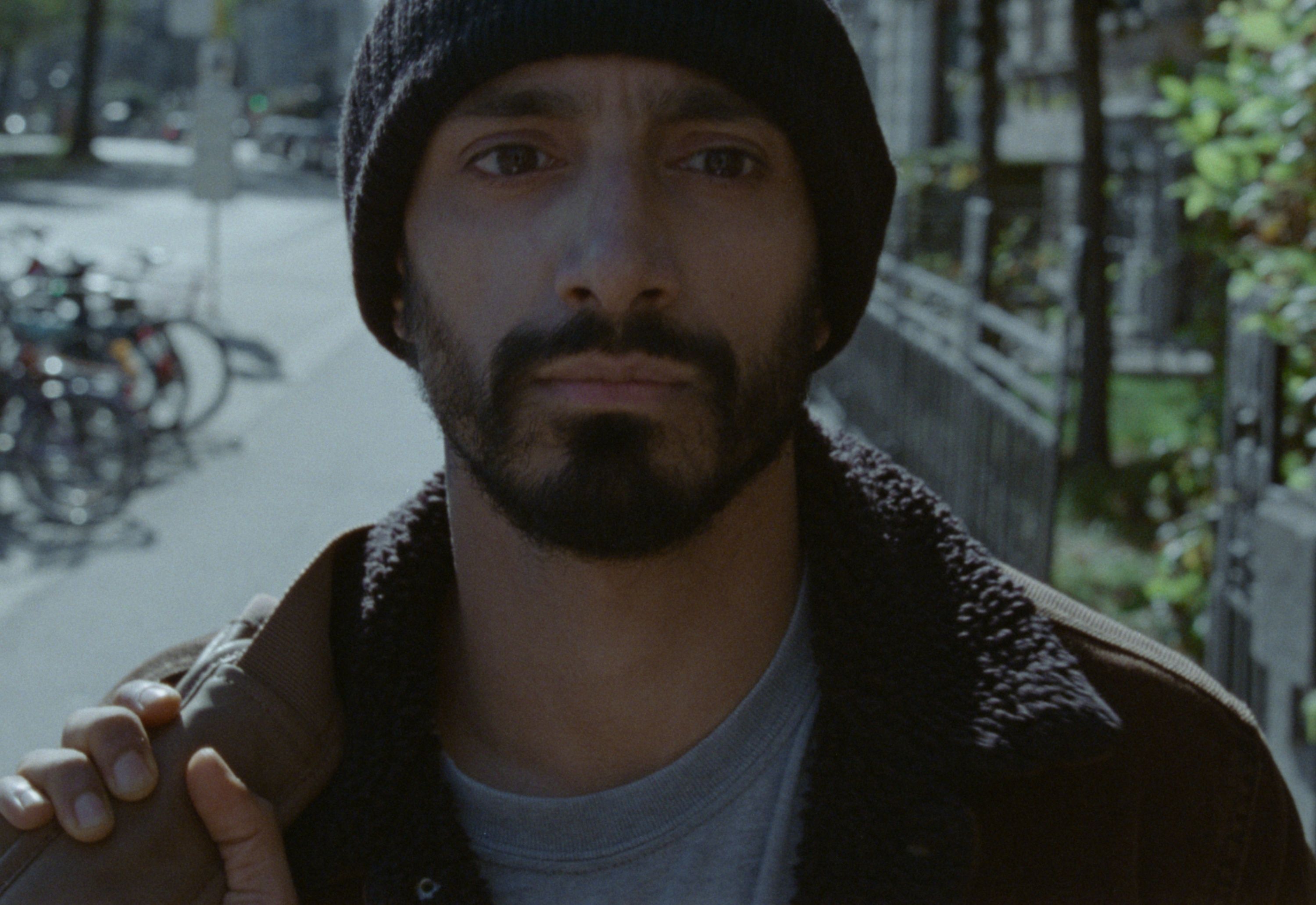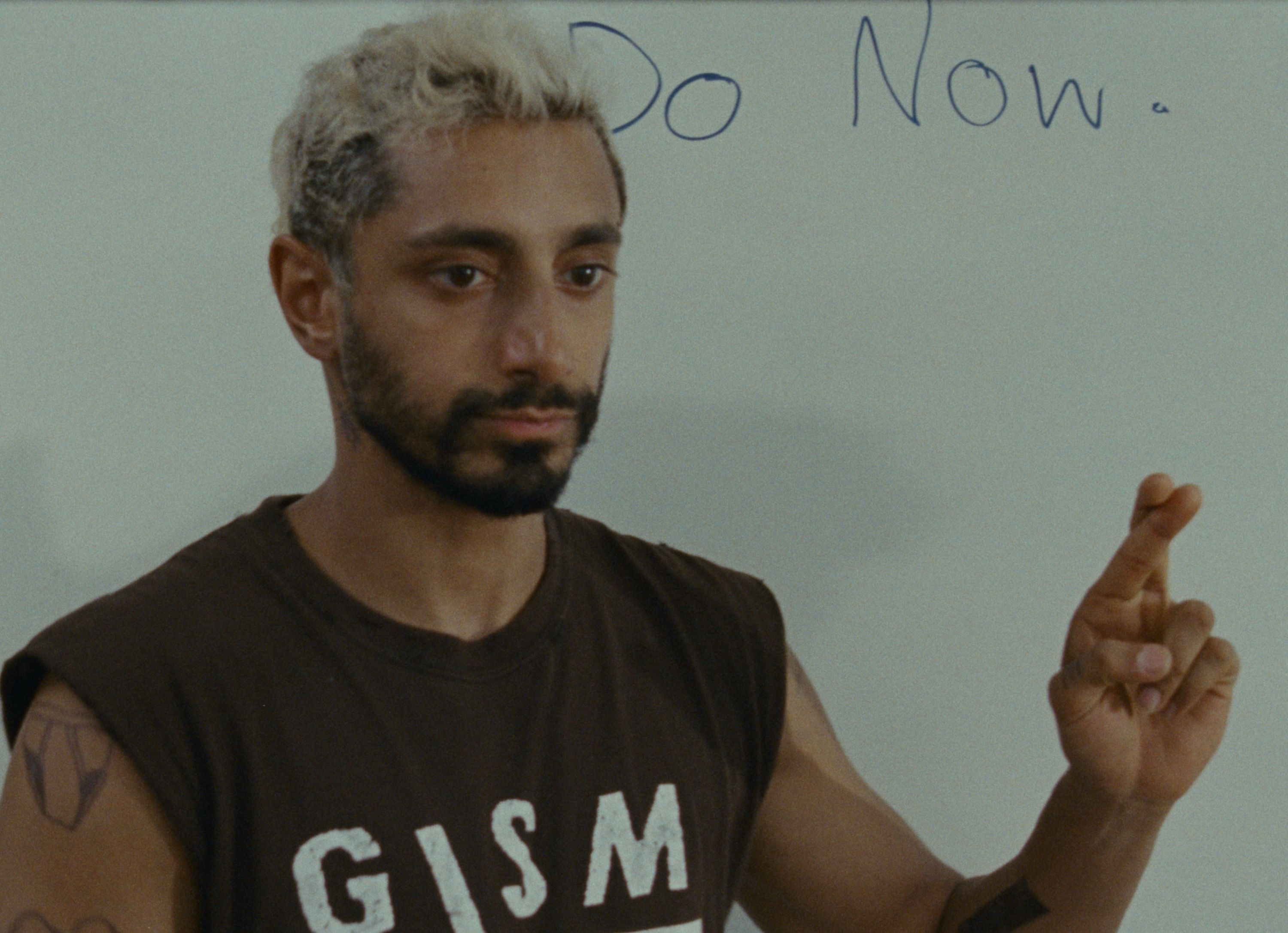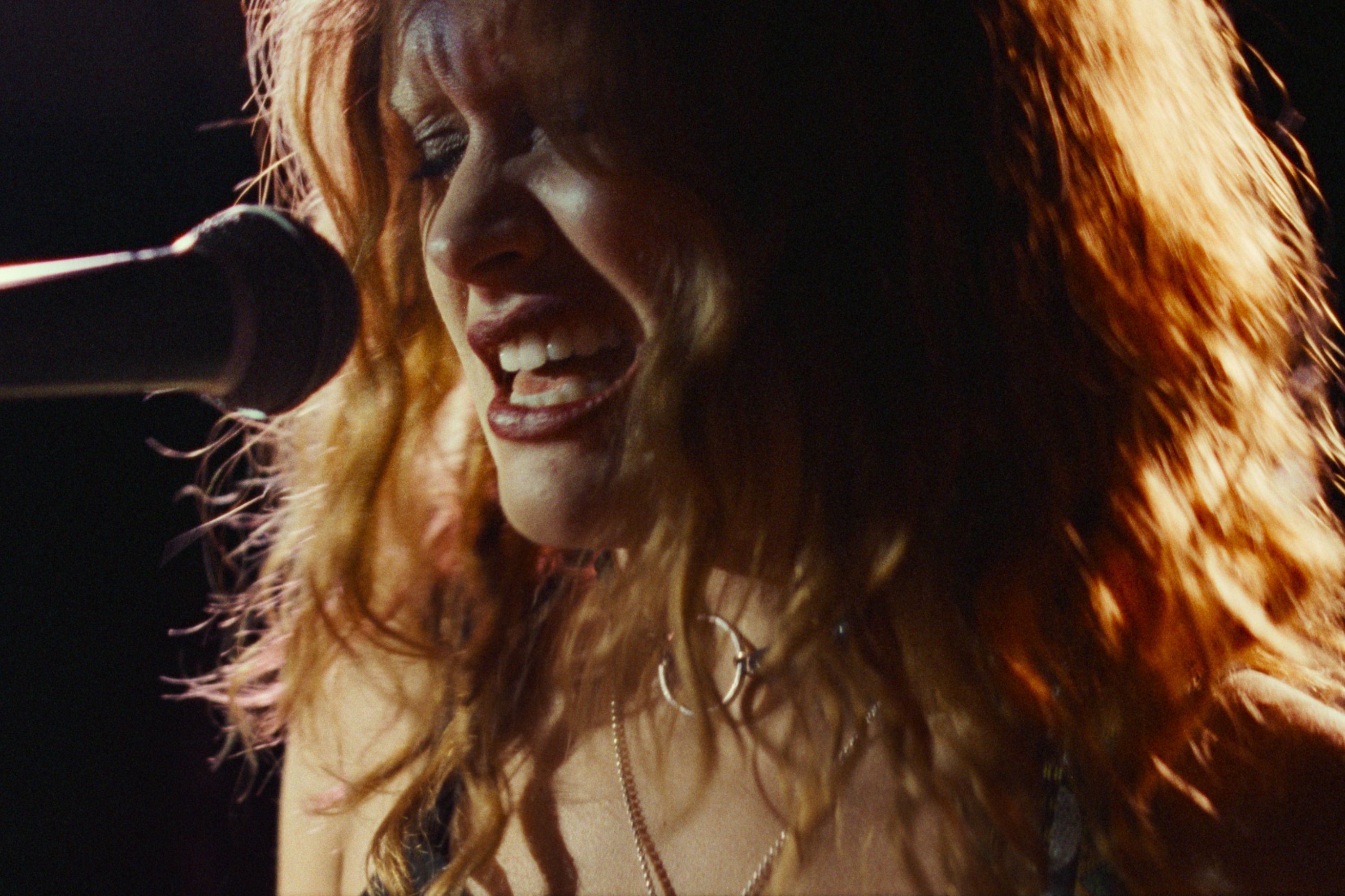COLLIDER: This is quite the full length feature debut for a director, so congratulations on that.
DARIUS MARDER: Oh, thank you.
Yeah, its certainly a big moment in my life, thats for sure.

Image via Amazon Studios
MARDER: Well, its very profound.
Thats why were doing this work.
Hopefully, people see it and have feelings about it.

Image via Amazon Studios
This really was a hard movie to make.
MARDER: Oh, many.
All those things happened, and it was year after year after year after year.

Image via Amazon Studios
This story is such an interesting blend between the music world, the deaf community and addiction.
MARDER: Well, that was hard.
That was genuinely difficult.

Image via Amazon Studios
I knew that the story would be that.
The addiction piece and the way that they tied in took years of development.
It was the same for Lou.

We even wrote Lous whole story that you dont see on the screen.
Im really grateful for all of those rabbit holes because they gave me so much insight.
But it was a deep dive.
It was probably 1,500 pages or 2,000 pages of writing to get to a 90 to 100 page script.
I knew that they would be representing themselves and would gift that to the film.
Maybe thats because of my documentary background but I think its just a matter of respect.
Everything that you see in the world of deaf culture really comes from deaf culture.
That was really what I felt was necessary, as it related to a culture that wasnt my culture.
You also made the interesting decision to caption the entire movie.
What made you want to do that and did you know that would actually work?
I struggled with that and what that really meant.
And when you say captions, you mean open captions, which pertains to a theatrical experience.
Thats hit and miss.
Its not really fully respectful, in my opinion.
Also, my grandmother went deaf.
The film is dedicated to her, and she fought her whole life for open captions.
Thats the subplot there.
Thats part of why I knew I had to do that, but for all the right reasons.
Other than my very brave and wonderful producers, most people said, Do not do that.
Youll ruin your movie.
No one will watch it.
No one will buy it.
It seems obvious that this film employs sound in a special way to tell the story.
What did that mean for you?
What was that exploration and journey like, figuring out how you wanted to use the sound?
MARDER: Oh, it was so incredible, just as a creative exploration.
It started, of course, in the writing.
My brother and I had so much fun.
Ive been calling it a PoH, or point of hearing.
Its very, very ambitious.
It was a very tough sell.
That started years before we shot.
Its not enough to do sound and do picture and then hope it works.
They have to cut together and be very, very specific and intentional, and yet not a gimmick.
Thats a really fine line.
And then, of course, we started playing around with sound.
On set, there was this very rich experience.
We had to do sound and picture at the same time.
And then, we went into this 23-week sound mix.
Imagine at the end of this entire process going into a sound mix which was seriously long.
It was much longer than the shoot or the picture edit.
We actually put ourselves in the complete embodiment and emergence of sound, without any distractions of anything else.
It was a remarkable experience.
You did such a great job with that in this film.
How did you approach shooting the live performance scenes and capturing that feeling?
MARDER: Yeah, thats great.
I like the way you say that because thats exactly how I thought about it.
The amount of lifting that went into just that one opening concert is kind of embarrassing, almost.
It was just ridiculous.
What I did is that I really challenged everyone, and not just Riz and Olivia.
I said, Heres what were gonna do.
Were gonna put everything we have into embodying this music and the real world of this.
And then, were gonna play it live in a club.
Were gonna have one shot at it.
We were shooting on 35mm, so we couldnt just roll, and we shot it without cutaways.
And then, youd film Riz and Olivia pretending to sing.
Thats not what we did.
Every single take was a live take.
The reason for that is exactly what you said.
You would not feel that energy, if that werent the case.
Its a palpable and a real thing, and thats because it really was real.
After spending so much time working on one film, how do you move on from it?
Have you already jumped into thinking about what you might want to do next?
MARDER: The film is so much about acceptance and the impermanence and letting go.
It is intense but its wonderful that it will live on its own without me now.
Thats what it should do.
I am really deep in a new project and I really live for that space.
I really live for the place of creating something and the struggle that is.
Its wonderful, in an awful way.
Is that new project something that might surprise us?
Will it feel very different from this?
MARDER: Yeah, it will, and yet I would guess that it will have connective tissues.
Thats an interesting thing, the way you feel and what draws you to stories and to cinema.
I think that people will really recognize my fingerprints in this new project.
Sincerity and really real, emotional, cathartic work is at the heart of what I want to do.
I find myself drawn to it, over and over and over again.
I cant imagine that it will be different.
I think its fascinating.
I dont actually know exactly how different it will feel.
It certainly is very different.
It will be a different scope but it will probably have a very palpable energy.
Sound of Metalis currently out in theaters, and available to stream on Amazon Prime Video December 4th.